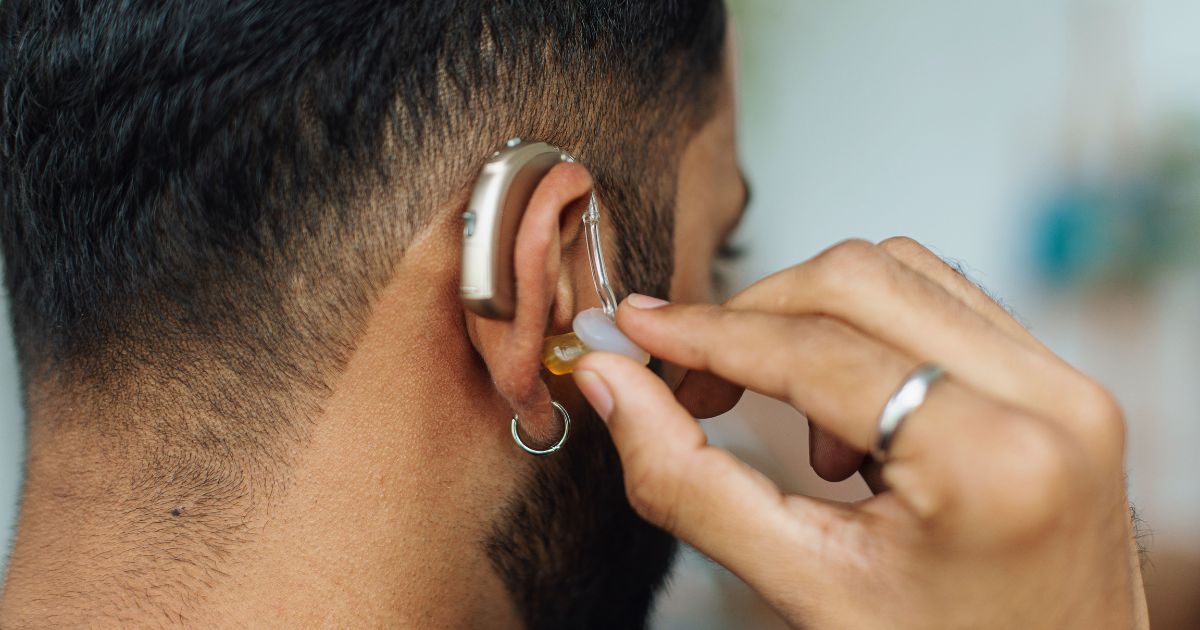The Americans with Disabilities Act (ADA) protects disabled employees and job applicants. The ADA prohibits their access to reasonable workplace accommodations but also has rules designed to prevent discrimination, interference, and retaliation. Its intentions are clear but not perfect. For hearing-impaired individuals, this is often apparent because the disability is less likely to be immediately obvious to others. The U.S. Equal Employment Opportunity Commission (EEOC) is hoping to change this with recently updated guidance.
The new EEOC guidance specifies that potential employers may not ask job applicants about medical problems, and this includes anything related to how well they hear. There may be an exception if the new job requires the use of a headset since the employer may ask about applicants’ abilities to perform the work. Once hired, the employer may require a medical history and medical exam, depending on the nature of the work. They may also ask specific questions about the hearing disability to determine if the new hire will be able to handle the work responsibilities.
When employers provide reasonable accommodations for hearing-impaired employees, co-workers should usually not be told since this alerts them to the employee’s disability. Certain circumstances will permit employers to share the details when it is necessary, though. Job offers may not be withdrawn as long as the new hires can perform the work (with or without accommodations) and not create a direct threat to themselves or others.
Do Employers Have to Offer Reasonable Accommodations?
Yes, as long as the accommodation does not create an undue hardship on the business. Examples of this include a high accommodation cost and a lack of structural or technological resources. Employees with hearing disabilities can benefit from workplace accommodations, such as:
- Closed captioning for virtual meetings.
- Emergency notifications systems, like vibrating pagers.
- Hearing-aid compatible headsets.
- Phone sound amplifiers.
- Sign language interpreters.
Newer technologies have made these and other accommodations less costly, easier to use, and more accessible to companies.
Disability Discrimination
Workplace disability discrimination that targets hearing-impaired employees can be subtle or obvious. For example, an employee who is not provided with reasonable accommodations might be unable to perform their job well and be passed over for a promotion. A job applicant could be denied a position if the interviewer sees that they are wearing hearing aids. In a worst-case scenario, a hearing-impaired employee who does not hear an emergency alert system go off could be in a very serious situation.
Retaliation can also happen to hearing-disabled employees who request reasonable accommodations, do not receive them, and report the situation to supervisors. Employers might retaliate by firing or demoting these employees.
Philadelphia Employment Lawyers at The Gold Law Firm P.C. Support Discriminated Disabled Employees
Even though the EEOC has updated its guidelines, hearing-impaired employees still face workplace discrimination. For legal help, contact one of our experienced Philadelphia employment lawyers at The Gold Law Firm P.C. Call us at 215-569-1999 or contact us online to schedule a free consultation. Located in Philadelphia and Pennsauken, New Jersey, we serve clients throughout South Jersey and Southeastern Pennsylvania, including Wilkes-Barre, Scranton, Northeast Philadelphia, Bucks County, Chester County, Delaware County, Lehigh County, and Montgomery County.



































